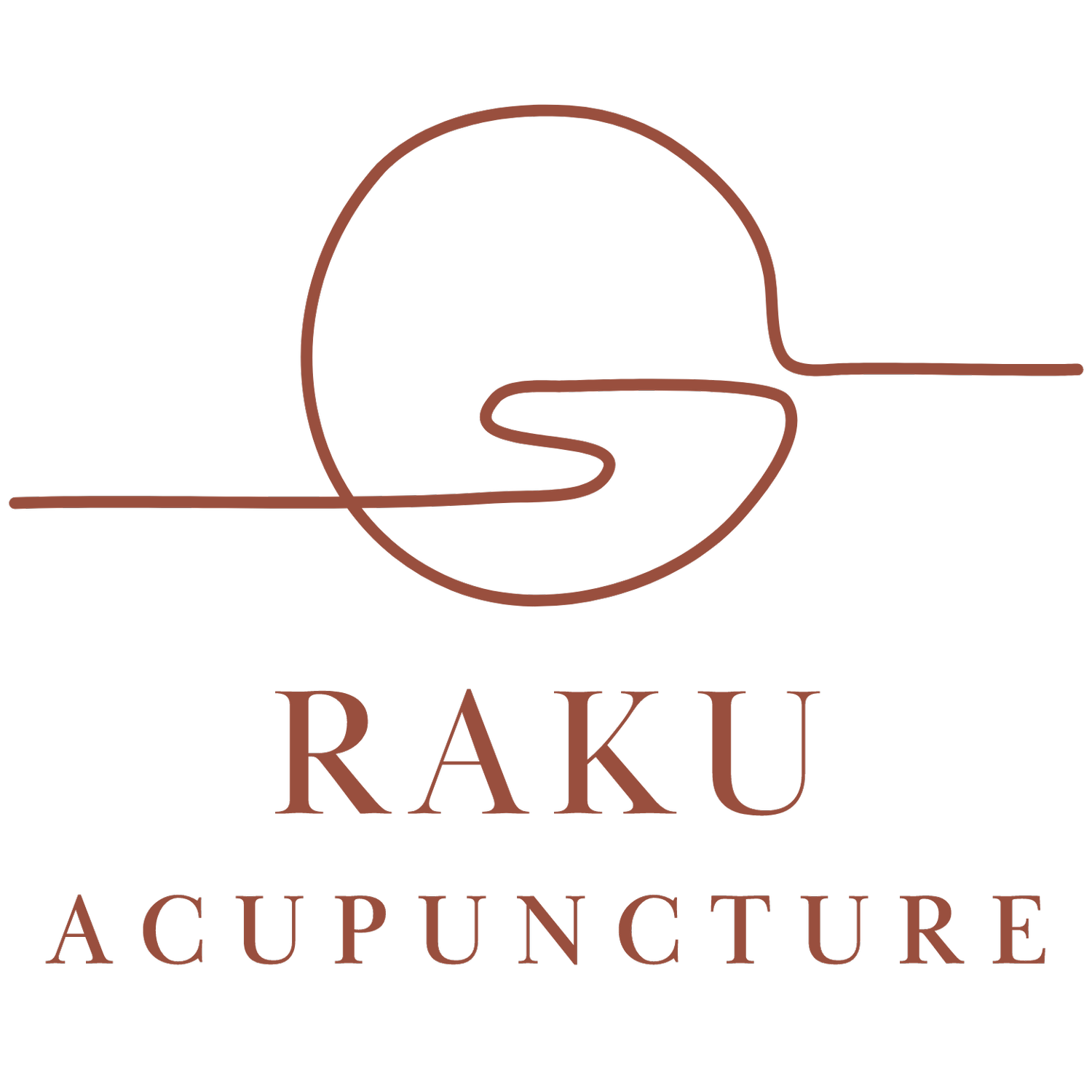Boundaries and the energetics of the yin organs
Boundaries are an essential piece to protecting our energy and emotional well being, especially during the holiday season. And they often require an emotional strength to establish and maintain. So what does Chinese Medicine teach us about boundaries?
In Chinese medicine, there are five yin organs. And these organs govern essential bodily processes that keep us alive. The Spleen is associated with our digestive system, it transforms food into usable energy. The Lungs are associated with our respiration and immune system. The Kidneys are associated with reproduction. The Heart with circulation and our emotions. And the Liver with transportation of vital nutrients and management of these emotions. This is not unlike some of our western association to these organs. To be clear, when acupuncturists discuss these yin organs, we are not discussing the actual physical organ. There are so many energetic qualities that are related to these organs and these qualities can inform so much of how we interact with the world around us.
So, what do these yin organs have to do with boundaries?
Each of these yin organs also has a spiritual or energetic association tied to it and these energetic qualities can all have an affect on our ability to establish and maintain boundaries.
LUNG-PO
The Lung energetic quality is called the Po. It is connected to our breath and the present moment. When the Po is strong, we are assertive- which is essential for establishing and maintaining boundaries. When the Po is in balance, the voice is strong and clear, both our internal and external voice. When the Po is in shadow, our voice and assertiveness suffers. We are unable to communicate our feelings, emotions, and needs with conviction. In shadow, the Po can be weighed down with grief or stuck in the past. Physical symptoms of being in the shadow aspect of the Po can be a tendency to catch colds, experience multiple seasonal allergies, or even asthma. Strengthening our Po can occur through mindful breath work such as breathing through our nose, inhaling and exhaling slowly, and avoiding breathing through our mouths.
SPLEEN- YI
The Spleen is associated with digestion, both of our food, but also our thoughts and feelings. A Spleen or Yi in shadow would present as a difficult time understanding our emotions and overthinking and worrying. A Yi in shadow is overrun with overthinking and confusion. The Spleen is also related to food cravings. Issues with boundaries and impulse control surrounding food choices can demonstrate that the Yi is in shadow. Physically this can present as digestive issues like gas and bloating, loose stools, or even irregular bowel movements. A strong Yi presents as clarity on our emotions and clear control with our food choices. The Yi can be strengthened through eating easily digestible food (think root vegetables) and focusing on the food that you do eat.
KIDNEY- ZHI
The energetics of the Kidney relate to the willpower or the Zhi. The Zhi in shadow is someone who lacks conviction or inability to enact their will. The willpower is essential for the maintenance of boundaries. If someone cannot maintain the boundaries that they have established, that’s a sign of the zhi in shadow. Physical signs of a weak zhi include urinary incontinence, reproductive issues, or irregular and painful periods. A strong Zhi is represented with conviction and maintenance of those convictions. We can strengthen our Zhi through maintenance of established boundaries and visualizing a fire burning in our pelvic floors (think the root chakra). This is where the energetics of the Kidney reside.
LIVER - HUN
The energetics of the Liver are referred to as the Hun. The Hun puts the willpower into action. The Zhi covers the will and intention, but the Hun is actual execution of it. They are two sides of the same coin when it comes to boundaries. The Hun in shadow is an inability to act on intentions and an inability to set boundaries. The Hun is an opportunity for energetic movement, the actual doing. Physically, out of balance and in shadow Hun would present as lack of emotional control, difficulty with sight, and lack of flexibility, as well as a tendency towards anger. We can strengthen the Hun with sleeping regularly, engaging in light and regular exercise, and eating dark leafy greens.
HEART - SHEN
The Heart and the Shen are responsible for our identity and self-awareness. And this relates to our own authenticity. It requires authenticity and self-awareness to understand and set our boundaries. The Shen in shadow is represented with a fluidity to our sense of self, almost a gullibility. The shen in shadow is physically represented by circulatory issues, dull eyes, and an inability to use clear and logical speech. The shen in its full strength has a clear knowledge of the self and ability to establish and understand boundaries. The shen is how we present to the world. Strengthening the shen can be accomplished through speaking with conviction, exploring your wants and desires without judgement, and stepping into your authentic self.
In addition to personal work and growth, acupuncture can also support you emotionally. Book an appointment with me here.
Happy Holidays to all! I wish you a relaxing and joyful end to the year.
Acupuncture offers a holistic and natural solution to supporting your fertility & reproductive health as well as pregnancy & postpartum support.
If you’re ready to experience the benefits of acupuncture for yourself, schedule an appointment today.
Raku Acupuncture
(720) 230-3225 | micaela@rakuacu.com
Proudly serving Doylestown, Bucks County, PA. Located near Chalfont, New Britain, Solebury, Perkasie, Newtown, Yardley, New Hope, and Lambertville.
Disclaimer: This article is not intended for the purpose of providing medical advice. All information, content and material is for informational purposes only and is not intended to serve as a substitute for consultation, diagnosis, and/or medical treatment.
